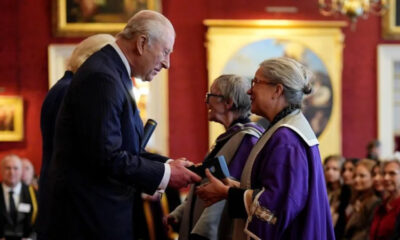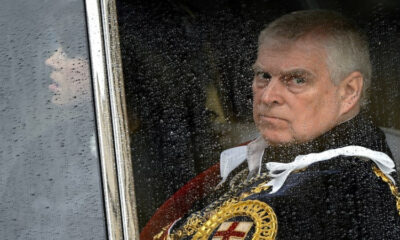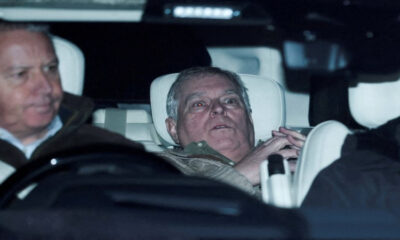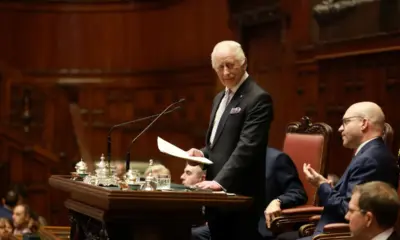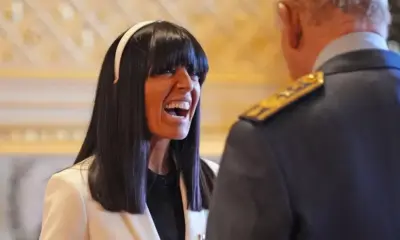Latest News
King Charles III Meets Commonwealth Leaders to Strengthen Global Ties
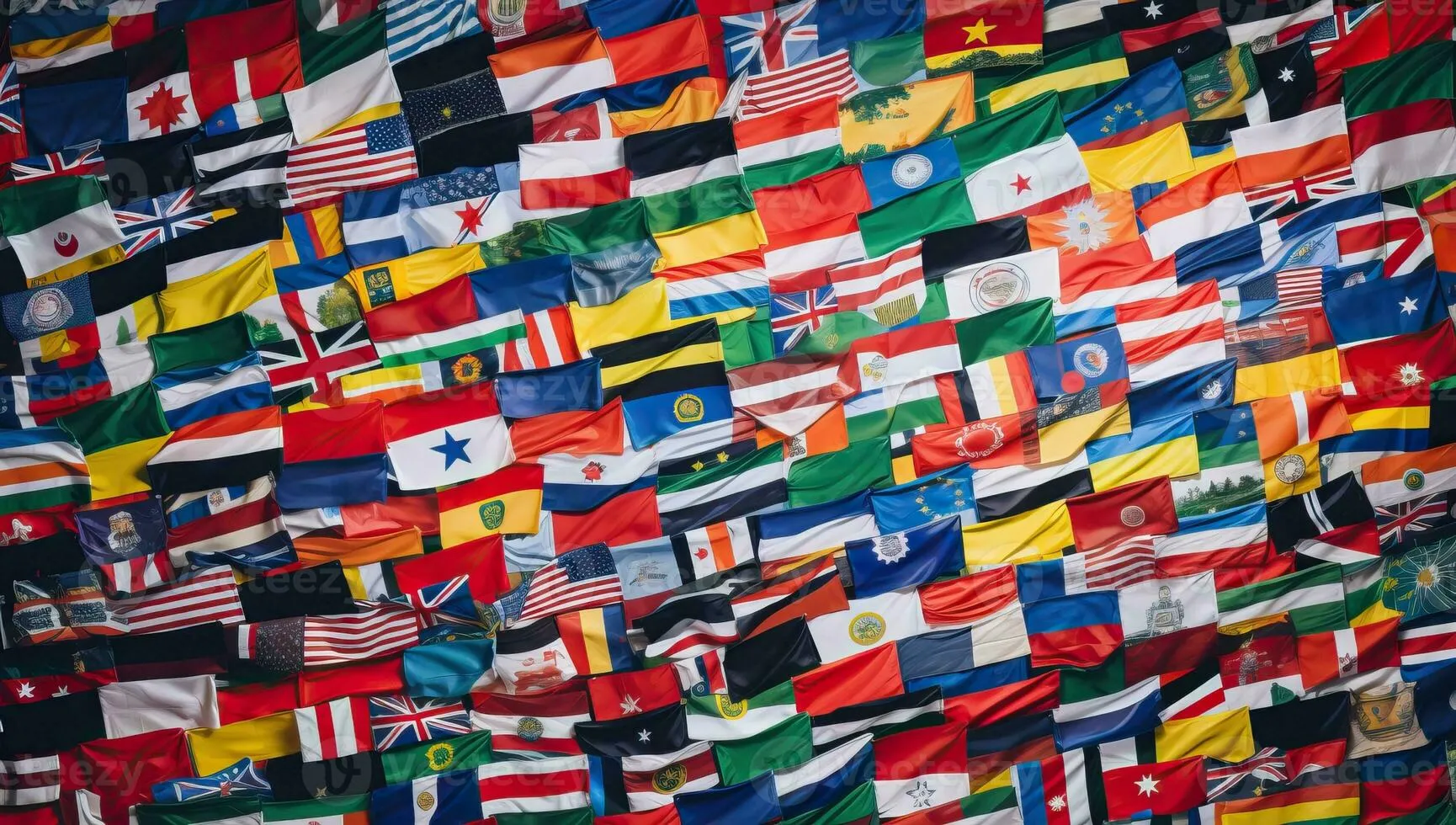
King Charles III has reaffirmed his commitment to strengthening the United Kingdom’s global partnerships through the Commonwealth during a high-profile meeting with heads of government and senior ministers from across the 56-member organization. The gathering, held at Buckingham Palace, focused on expanding trade relations, deepening diplomatic collaboration, and reinforcing the Commonwealth’s shared cultural and historical bonds. At a time when geopolitical realignments and economic uncertainty are reshaping international relations, the monarch’s engagement highlighted Britain’s effort to maintain influence and build goodwill through diplomacy and soft power.
Diplomacy and Modern Monarchy in Action
Since ascending to the throne, King Charles III has made revitalizing Commonwealth diplomacy a central pillar of his reign. The meeting reflected his continued emphasis on convening dialogue between nations across Africa, Asia, the Caribbean, and the Pacific. During the discussions, leaders explored how to enhance cooperation on climate action, education, and technology exchange, themes that align with the King’s longstanding advocacy for sustainability and global partnership.
Observers noted that the tone of the meeting was one of renewal rather than nostalgia. The King spoke about transforming the Commonwealth into a dynamic network that can support its members in navigating modern challenges such as digital inequality, food security, and the green transition. His remarks also reinforced the UK’s position as a facilitator rather than a director within the Commonwealth, acknowledging the importance of equal partnership and shared decision-making. Diplomats attending the session described the King’s approach as warm, consultative, and strategically focused on rebuilding trust following recent debates about the UK’s post-Brexit global identity.
Trade Relations and Economic Cooperation
Economic engagement formed a major part of the discussions as Commonwealth leaders sought to deepen trade ties within the bloc. According to official briefings, the dialogue emphasized reducing barriers to investment, expanding digital trade, and promoting sustainable infrastructure projects. The UK government, working alongside the Foreign, Commonwealth & Development Office, is seeking to position Britain as a preferred partner for innovation and services, particularly in emerging markets such as Nigeria, India, and Malaysia.
Trade analysts pointed out that the Commonwealth already accounts for roughly one-sixth of global trade, with a collective GDP exceeding 13 trillion pounds. Yet the potential remains underutilized. The summit therefore included proposals for a new Commonwealth Trade and Investment Council to encourage collaboration among small and medium-sized enterprises. Leaders also discussed supporting supply chain resilience and enhancing partnerships in renewable energy and technology-driven industries. King Charles’s endorsement of these initiatives symbolized the monarchy’s diplomatic role in promoting economic cooperation without direct political involvement.
The meeting also highlighted the growing importance of green finance and sustainable investment. Several Caribbean and Pacific island nations urged larger economies to commit to financing climate adaptation and disaster resilience projects. The UK signaled that it would explore joint financing initiatives that align with the Commonwealth’s sustainable development goals. This approach reflects an effort to balance trade interests with ethical and environmental considerations, positioning the UK as a champion of responsible global growth.
Soft Power and Global Influence
King Charles III’s engagement in Commonwealth diplomacy represents an important aspect of the United Kingdom’s soft power strategy. Unlike formal statecraft, royal diplomacy operates through influence, continuity, and cultural connection. By hosting Commonwealth leaders and reaffirming Britain’s shared history and values, the monarch strengthens the emotional and symbolic ties that underlie modern international cooperation.
Experts in global affairs note that the British monarchy remains one of the country’s most recognizable soft power assets. Events such as this summit serve to humanize the UK’s foreign relations and remind member nations of their shared heritage, language, and institutional frameworks. This cultural diplomacy is particularly important as Britain faces competition for influence from emerging powers and must balance its traditional alliances with a rapidly changing world order.
King Charles’s focus on youth engagement, environmental stewardship, and cultural understanding continues to resonate strongly among Commonwealth nations. His leadership style, informed by decades of advocacy on climate and interfaith dialogue, allows him to act as a unifying figure in times of political transition. Diplomats believe this approach reinforces Britain’s reputation as a constructive global partner, even as the government navigates domestic political and economic challenges.
Conclusion
The Commonwealth meeting hosted by King Charles III demonstrated the enduring relevance of soft power diplomacy in advancing global cooperation. Through a mix of symbolic leadership and pragmatic dialogue, the monarch helped to reenergize one of the world’s oldest multilateral networks. Discussions on trade, sustainability, and digital development signaled a shared determination to make the Commonwealth more economically and politically cohesive.
As the United Kingdom continues to redefine its international role, King Charles’s diplomatic engagement offers stability and vision. The meeting at Buckingham Palace underscored how the monarchy can bridge political divides and foster relationships rooted in mutual respect and shared goals. For Britain, this renewed focus on Commonwealth partnerships represents not only continuity with history but also a strategic investment in the future of global collaboration.

